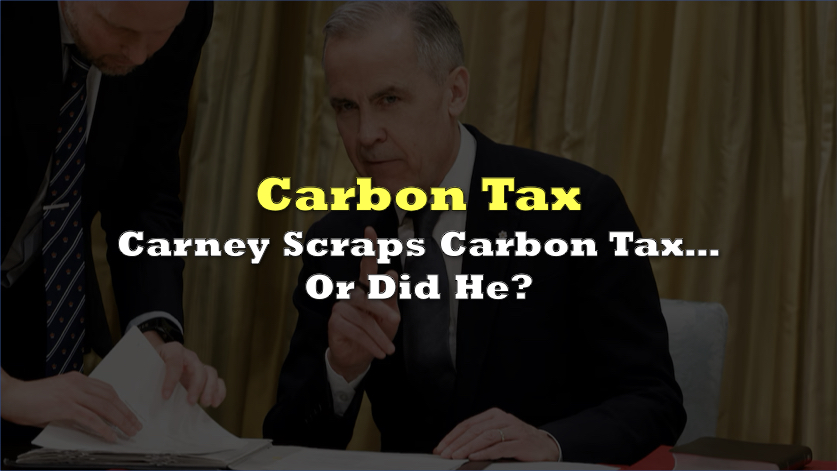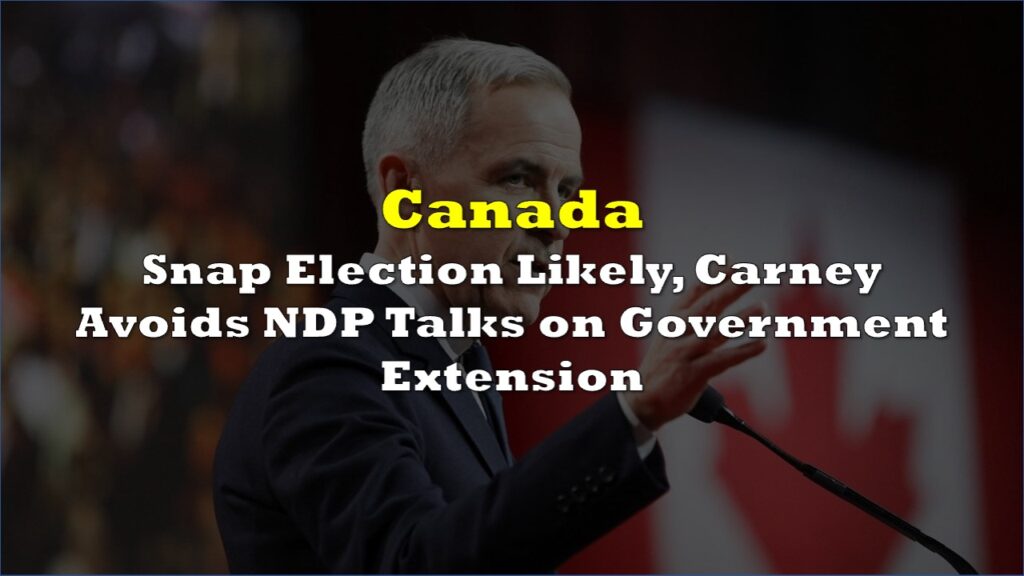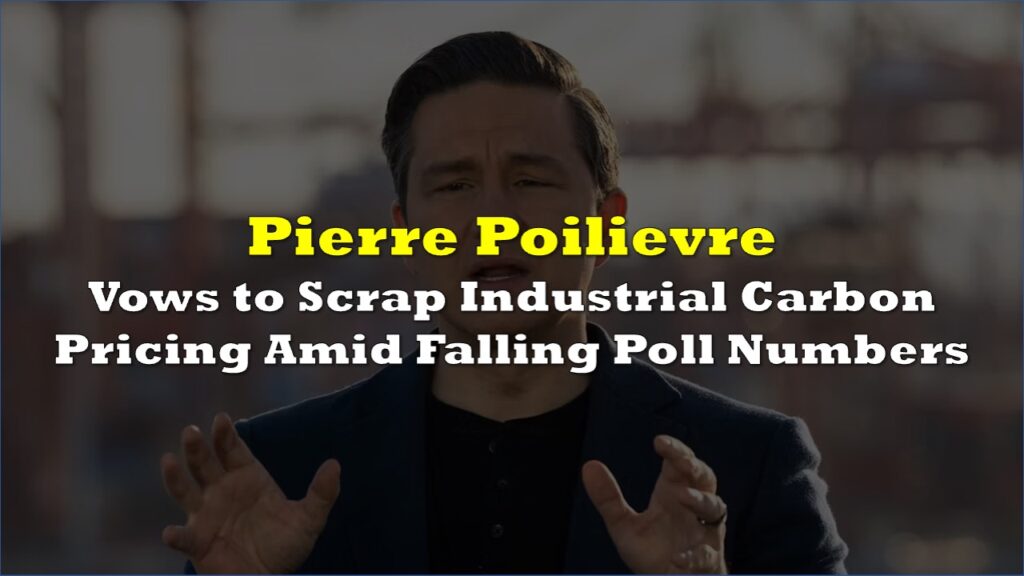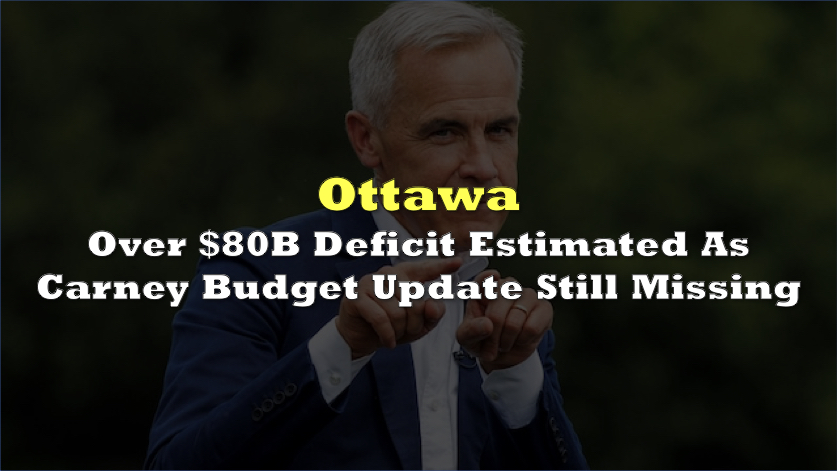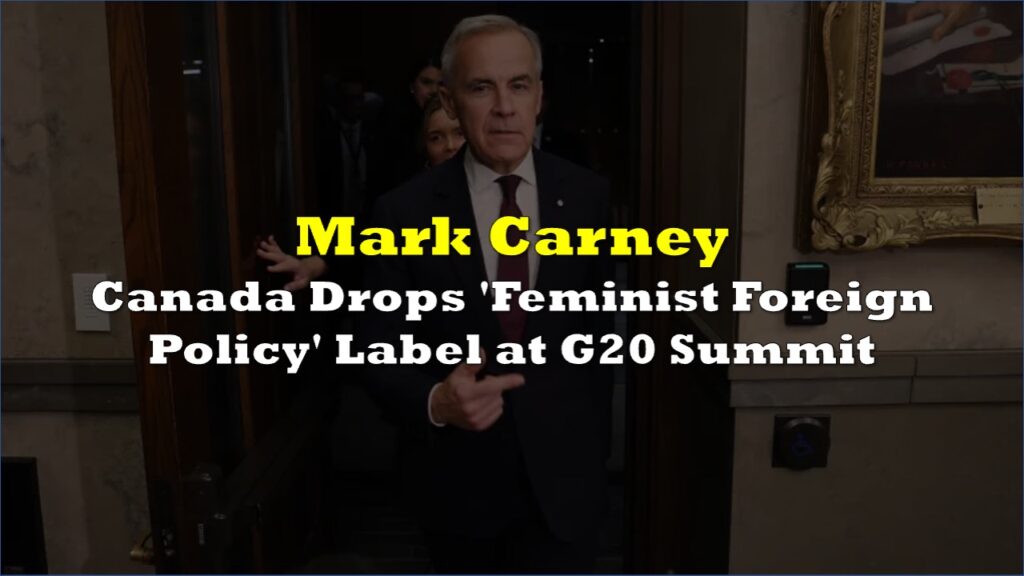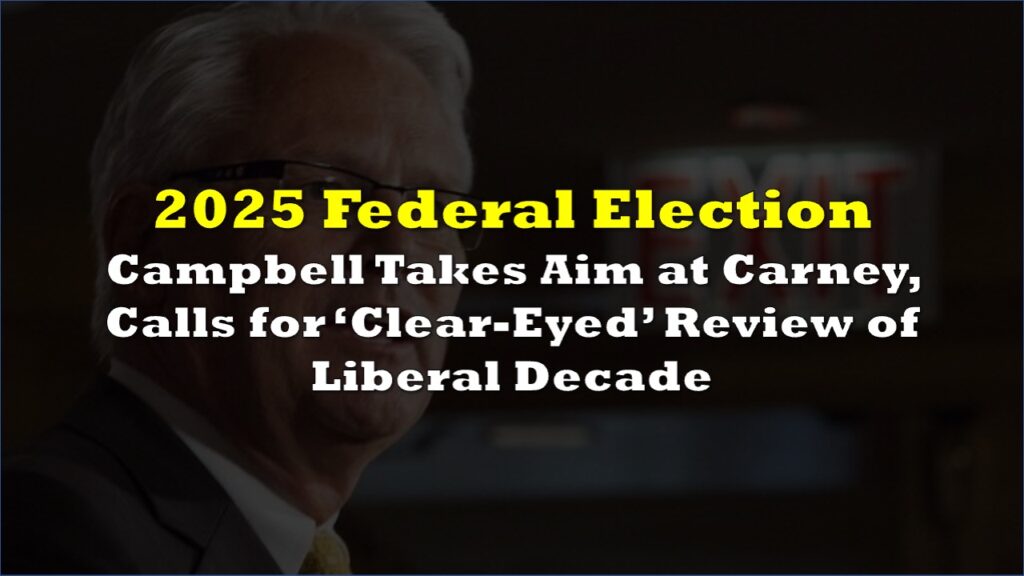Days after being sworn into office, Prime Minister Mark Carney has already moved on scrapping the consumer portion of Canada’s controversial carbon tax—at least on paper. Carney’s abrupt decision, announced in front of cameras as he signed what he called a “prime ministerial directive,” effectively sets the consumer fuel charge to zero by April 1 and ensures a final rebate payment in mid-April.
“This will make a difference to hard-pressed Canadians,” he declared. “But it is part of a much bigger set of measures that this government is taking to ensure that we fight against climate change, that our companies are competitive and the country moves forward.”
The consumer carbon levy, first introduced in 2019 by his predecessor, former Prime Minister Justin Trudeau, was intended to give households and businesses a financial push toward cleaner energy. Rebates offset the added costs—but rising fuel prices and broad concerns about inflation turned the levy into a powerful rallying cry for Conservative Leader Pierre Poilievre’s “axe the tax” campaign.
At first glance, Carney’s move appears to follow through on a vow that gained him traction during his Liberal leadership bid, when he branded the existing policy “too divisive.”
Poilievre, however, dismissed Carney’s repeal as a ploy. “Until Parliament is recalled, this carbon tax law will be the law of the land,” he insisted, holding up a printed copy of the original legislation. “He’s hiding it. He can bring the tax back—and raise it to whatever he wants.”
Hot mic catches media admitting that because the Carney Liberals didn’t actually axe the carbon tax law, they can bring back the carbon tax and "raise it to whatever they want."
— Pierre Poilievre (@PierrePoilievre) March 14, 2025
Sign to axe Carney‘s carbon tax for good: https://t.co/qwEfjEBKUk pic.twitter.com/ACO6GGU6ez
Fuel was added to this fire when skeptics on social media claimed Carney was holding a fake document masquerading as a legal order. Executive authority for federal regulations in Canada technically resides with the Governor General in Council, not solely with the prime minister.
Controversy intensified after a new entry—“PC Number: 2025-0446,” dated March 15—surfaced on the official Orders in Council website. It purports to “set applicable fuel charge rates for all types of fuel and combustible waste to zero after March 31, 2025,” suggesting formal approval by the Governor General in Council.
Since I've gotten ridiculous replies, this piece of paper isn't an order-in-council, which comes from the governor-general, and it isn't a recommendation to the GG for an OinC. It's a fake document masquerading as a legal order by a PM who claiming powers he doesn't have. https://t.co/lnaz589z1P
— Yuan Yi Zhu (@yuanyi_z) March 15, 2025
So it seems that an Order in Council was just signed today (not yesterday when @MarkJCarney signed his prop) and it just appeared online in the last hour or so…..#Ottawa is working overtime it seems to try clean this up https://t.co/wWBcnjKjCA pic.twitter.com/MvEOO6g5G0
— Shane Morris (@DrShaneMorris) March 15, 2025
For all the truthers out there, Order In Council SOR 2025-0446 setting the fuel charge rates to zero in Schedule 2 of the GGPPA. Dated today, published in the Gazette on the 26th of March. pic.twitter.com/AlgK8bUuFI
— Andrew Leach (@andrew_leach) March 15, 2025
In British Columbia, Premier David Eby promised to introduce legislation to scrap BC’s consumer carbon tax outright, saying residents “don’t have to pay that increase on April 1.” Yet in Alberta—where many had long demanded the elimination of the levy—Premier Danielle Smith struck a cautiously defiant tone, declaring that she’s “not fazed” by the consumer tax repeal.
Information for this briefing was found via the sources mentioned. The author has no securities or affiliations related to this organization. Not a recommendation to buy or sell. Always do additional research and consult a professional before purchasing a security. The author holds no licenses.

